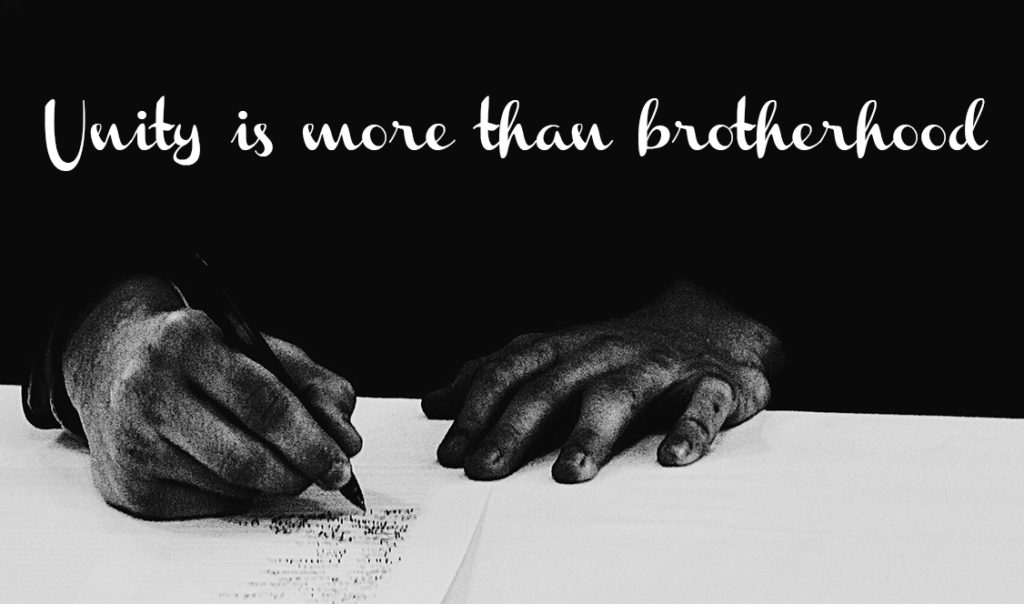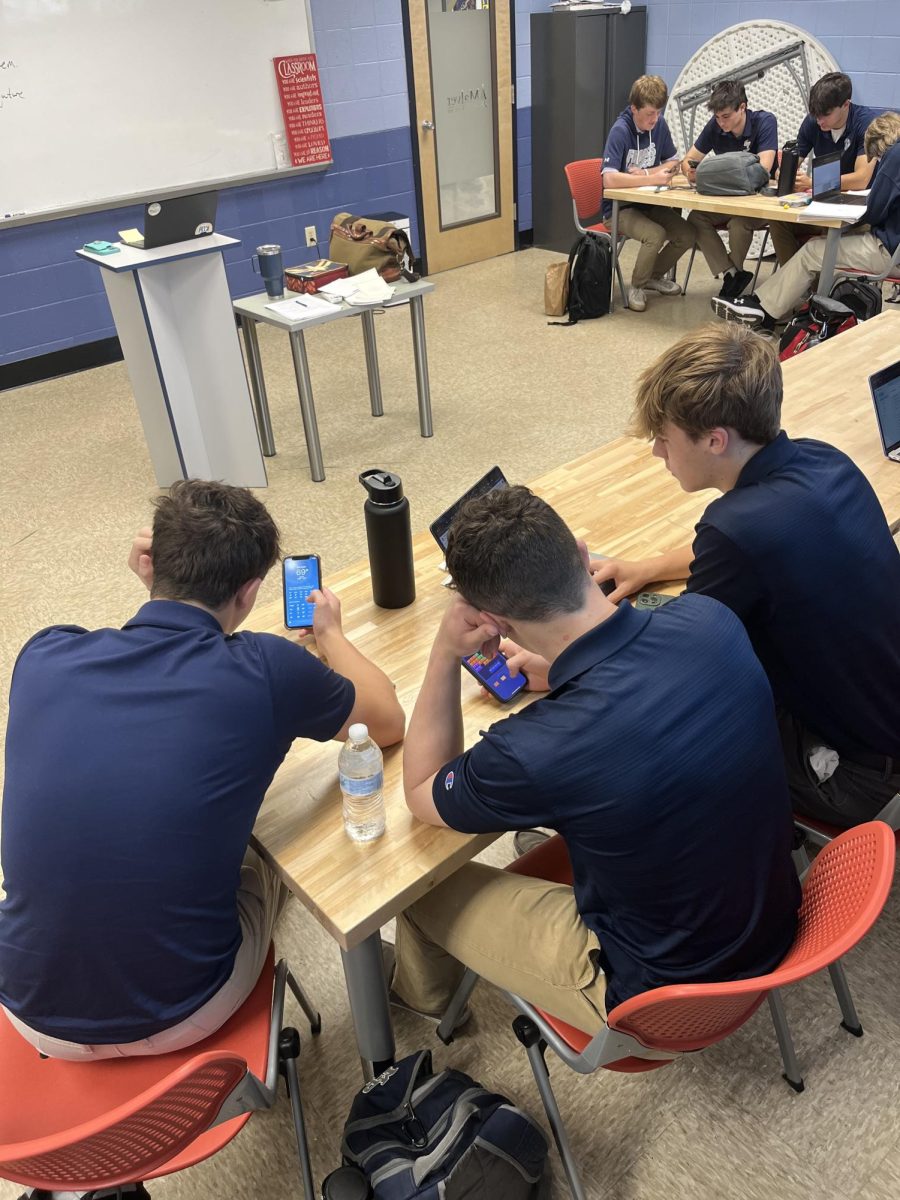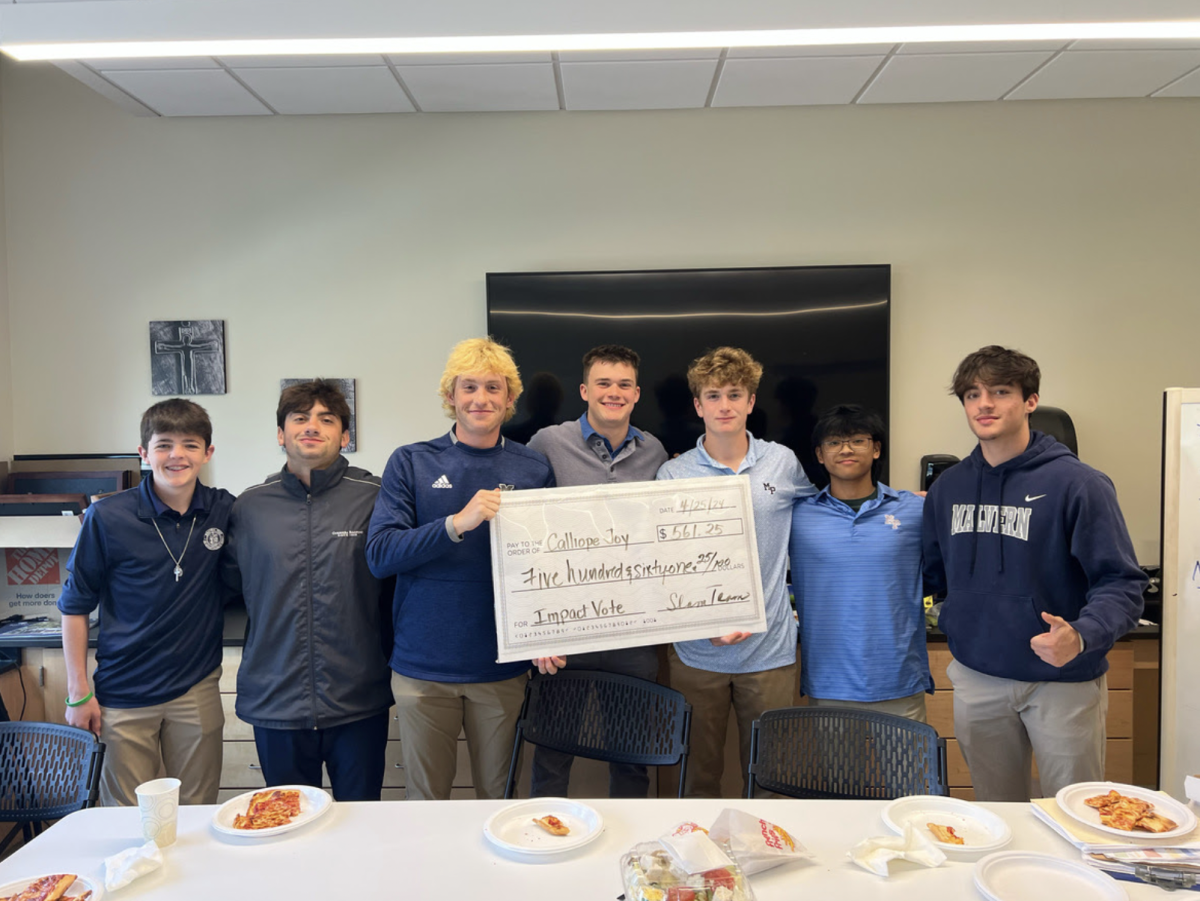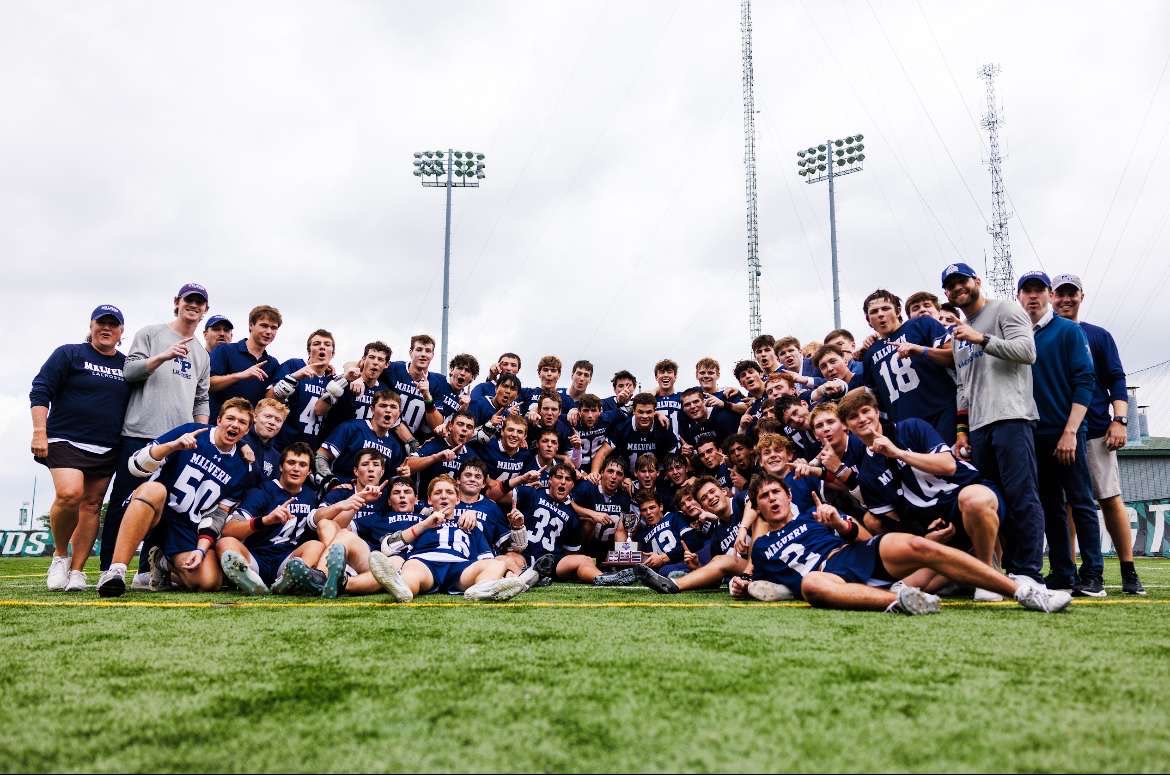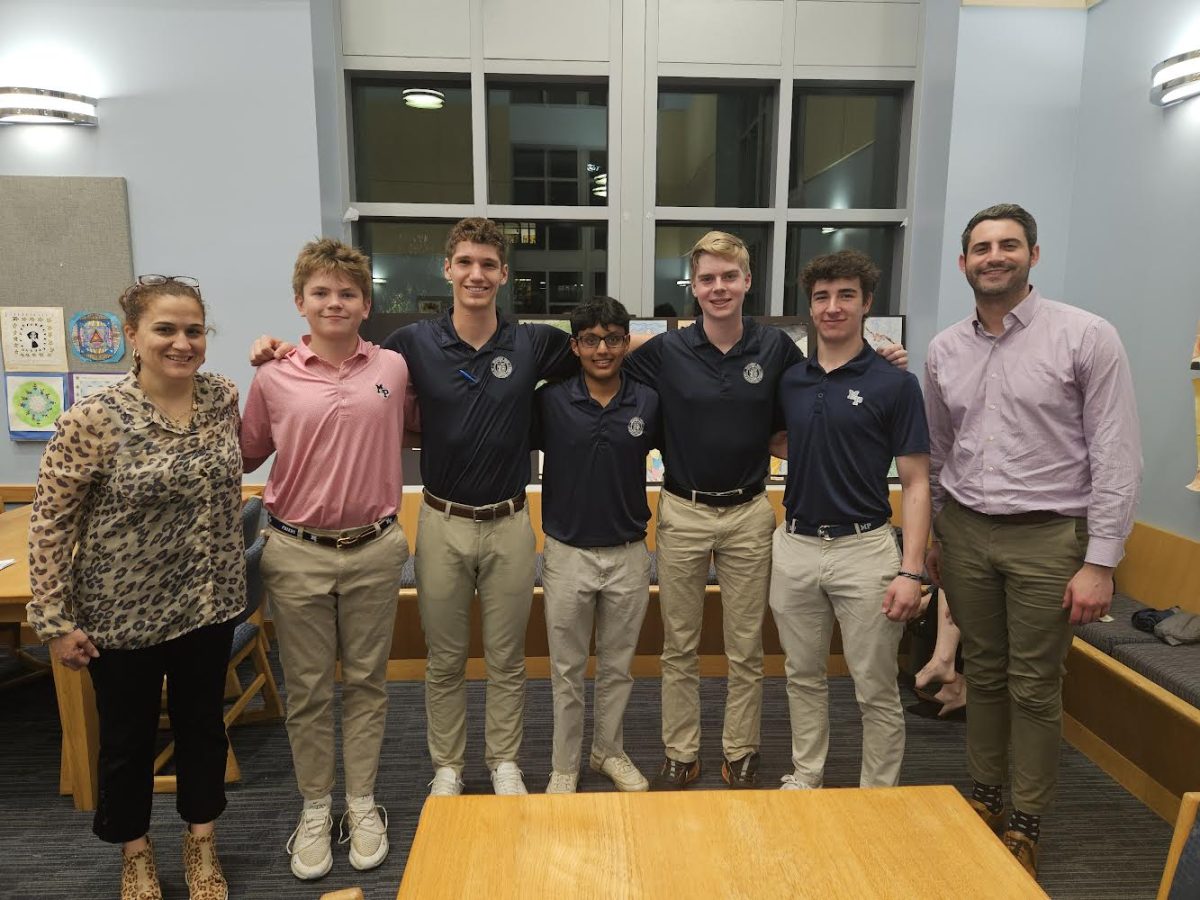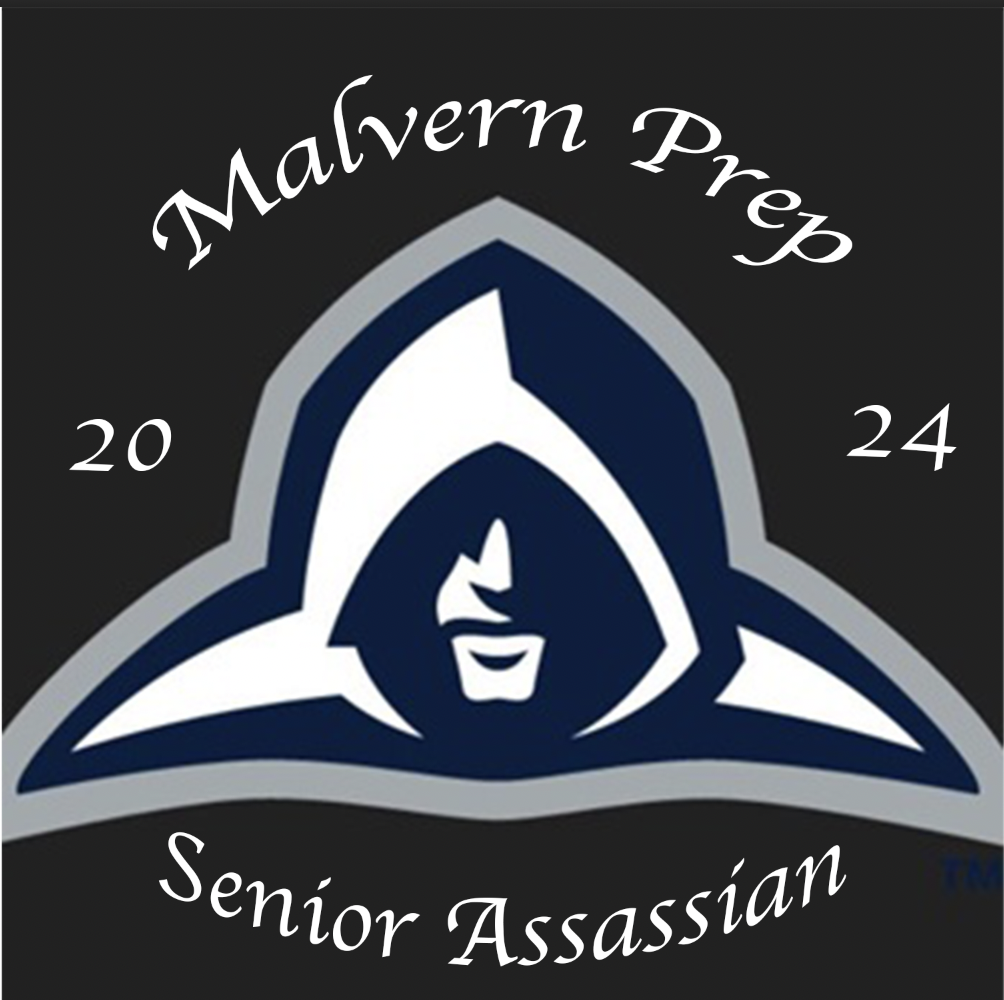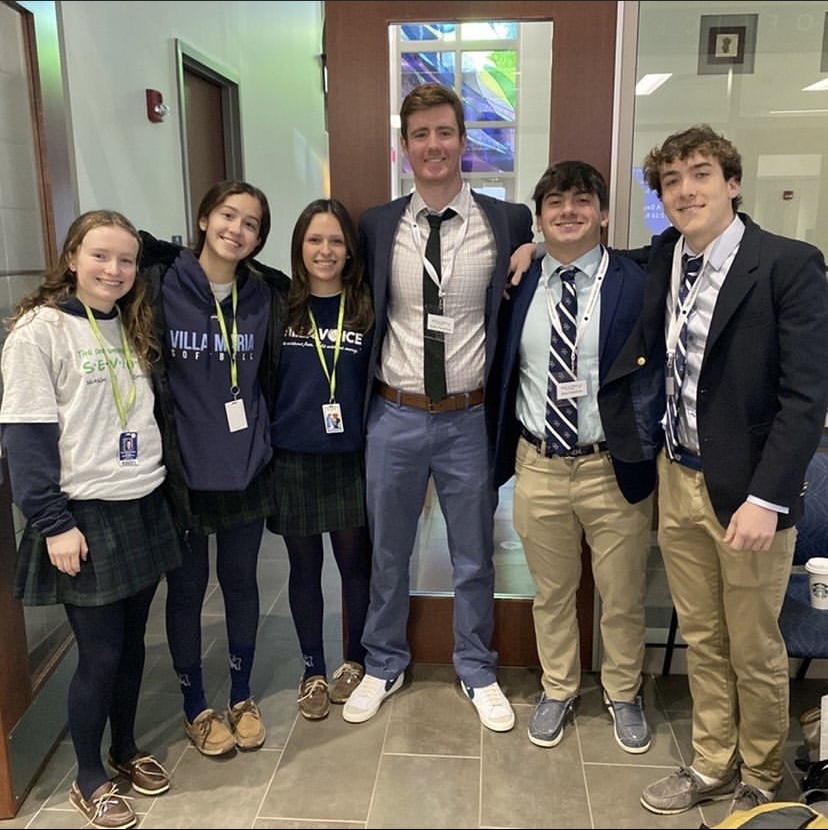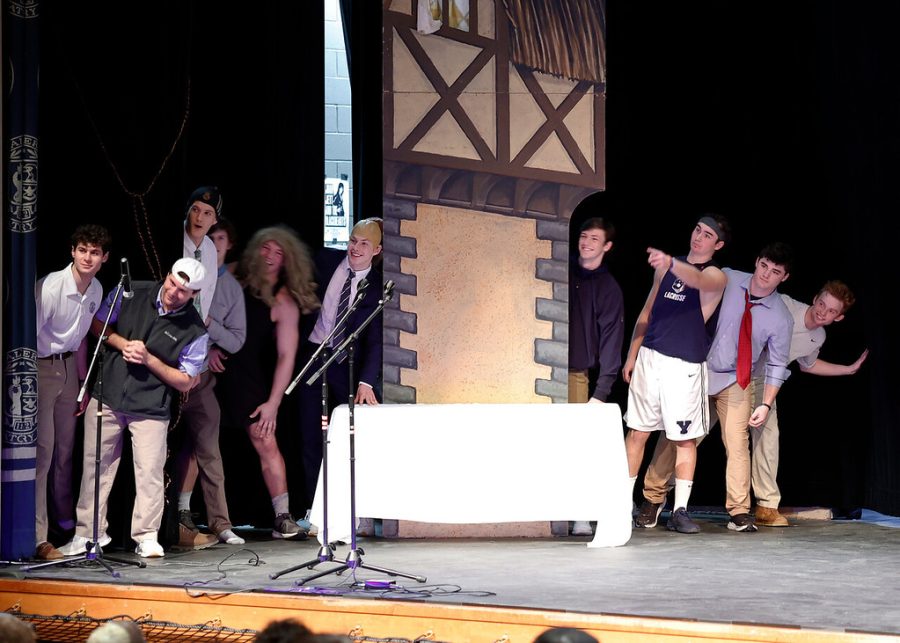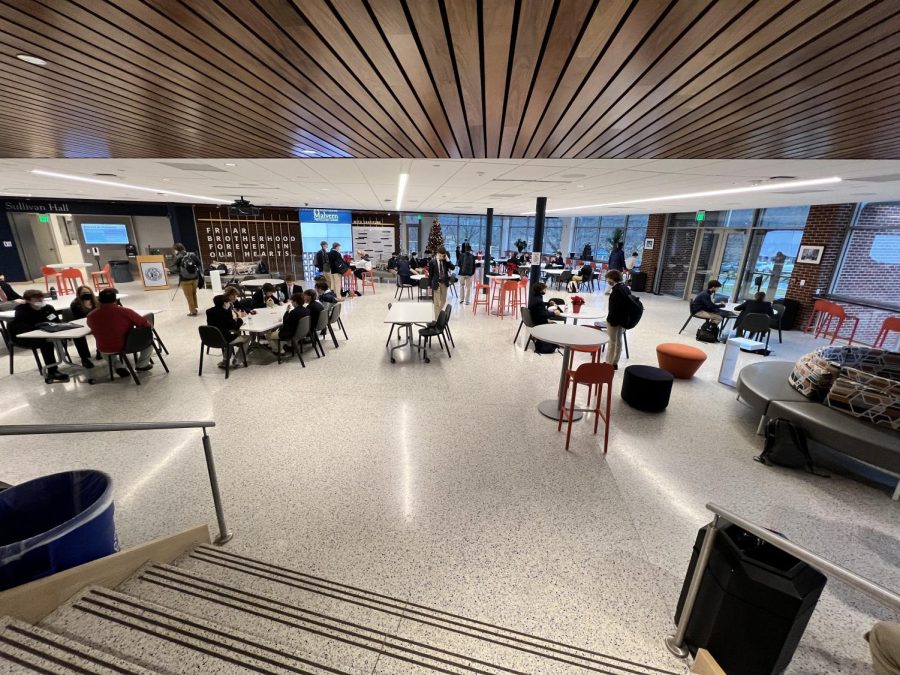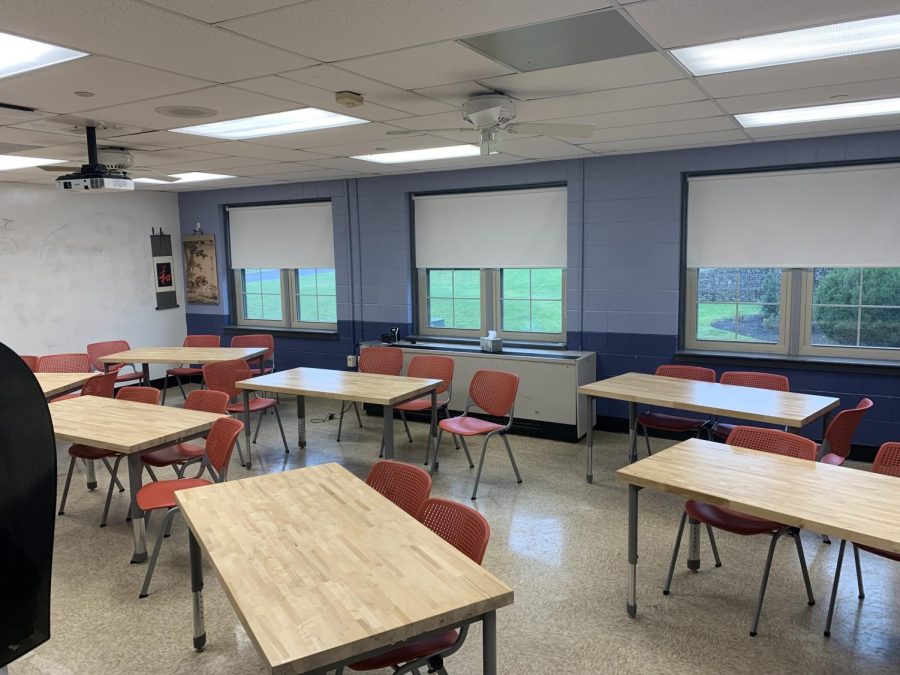Brotherhood is one of the core values Malvern holds as a community. Lately, however, the connection between students, faculty, and administration has felt disjointed.
The efforts put forward by school executives to strengthen unity on campus are having the opposite effect of their intention, causing a break in the union between students and adults on campus.
AGE (Augustinian, Globally Aware, Entrepreneurial) Blocks are organized periods for grade-wide communication to address issues and topics specific to each grade. During one of these AGE Blocks, the Class of 2019 was split up into small groups in a classroom and left without teachers. Students were instructed to write their current thoughts about the school year on the whiteboard.
The AGE Block has the same intention as many of the changes implemented: to encourage unity. When looking back on the activity, however, many students find it ironic that instead of discussing different issues, students simply wrote down a list of grievances. The very thing that tried to instill unity is what students united against.
Regardless of the brotherhood, none of us are exactly the same. As long as we remain individuals there will be differences between all students. But funny as it is, it’s sometimes easier to relate to each other when we band together to talk about things we don’t like.
Examples like these are becoming more prevalent on campus. We have found that amongst the many changes that have come to Malvern over the years, a divide between students and teachers, as well as administrators, has become a common theme.
It can be said a fair amount of the senior class is opposed to the daily morning chapel services, a program designed to bring classes together. Not because of the time spent in the Chapel itself, but because it prohibits seniors from coming into school later if they have first period open.
This isn’t a feeling that is exclusive to the senior class. A petition was circulating campus around the time schedule changes were made last year. One managed to amass 250 signatures and even made its way into the hands of the administration.
Rarely will you find a group of people, like-minded or not, that agree so wholeheartedly on a topic. What was hoped to be accomplished with Chapel in the mornings was to start off each day with a sense of togetherness. In reality, students and faculty now have opposing agendas on what the beginning of each day should look like.
The Editorial Board believes that changes without students’ consideration is preventing the goal of campus-wide unity from being met. However, the root for inciting these changes is centered around brotherhood.
Malvern is built on the idea of creating a community of brothers for students. But unification shouldn’t stop there. The community includes all the teachers, coaches, students, and everyone who contributes to campus.
The brotherhood is supposed to tie us back to that community regardless of where someone is in life. We imagine that’s the idea behind the new mantra, “Friar brotherhood, forever in our hearts.”
But the case is, when an issue is presented and isn’t openly discussed, a group of people can and will unite against it.
Another example is class ties. They will create unity between each class, yes, but not between grades. A student can now visibly identify another student by their tie, and if they don’t match up, they can disassociate.
In some ways, decisions made for students stretch to those off campus as well. Dress code changes don’t just affect students. They also cause a ripple in individual Malvern families who suddenly have to purchase new uniforms. Now, a senior can’t pass down a polo to his younger brother, which could have financial consequences.
Unity, by definition, is also very nuanced; it is not always a conscious decision. Friars sometimes bond simply by cracking jokes in the hallways. Occasionally, the brotherhood just happens and doesn’t need to be forced at all. The Brotherhood Ceremony puts students on the right path, but from there, unity between students may just fall into place. And without the need for changes to instill brotherhood, then there is no divide between students and teachers.
Malvern has incredibly strong values, and a lot of them are derived from unity. But that unity was never meant to come from a place of negativity.
The Editorial Board finds that the need for brotherhood is just as important as Malvern advertises. But it needs to be met at both ends with both educators and pupils willing to see past the obvious barriers.
Changes like these were never meant to damage the relationship between students and administration. It’s obvious that school officials have the best interest of the students in mind.
Leadership positions like the Student Council and even the new disciplinary advisory are supposed to help keep the interests of the student in mind when a change in policy arises. However, we still feel as if student voices are going unheard.
Students are naturally going to find a reason to complain. There isn’t going to be any “getting it right,” unfortunately. But there is merit to some arguments. Some teachers do quietly side with students, so the unease about some of the changes is not exclusive to students.
That is why it is in all Friars’ best interests to be open to the brotherhood. Students need to be willing to have open discussions on campus topics, even if they view them as “inconvenient.” The interactivity of the campus allows for deep connections between students and teachers. We believe that teachers should allow for those connections.
Good examples of this do already exist. Fr. Reilly recently opened up blocks of times during lunch periods where students can schedule to meet with him. The Board thinks that this is a great idea and should even be expanded upon. If students could have times to meet with different department heads, then that could allow for focus on issues particular to subjects. This could also apply to the moderators for clubs on campus.
Everyone at Malvern believes in the ideals of the brotherhood. There is no reason why they should be discouraged. However, students make up a majority of the brotherhood, so if those encouragements suddenly get in the way of that integration, the intended group of Malvern students feel isolated. With clear reason behind a change, and the support of every group on campus, then Malvern can live a true definition of unity and not just a brotherhood.


